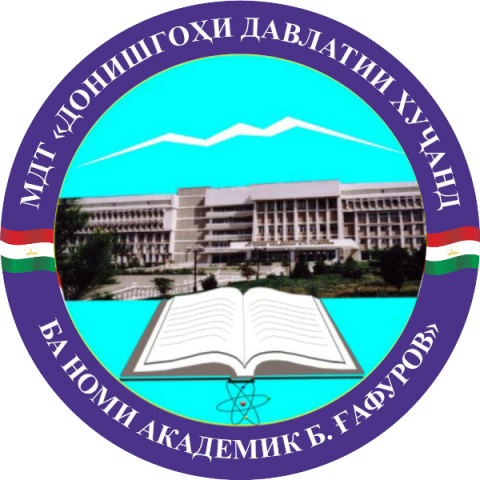2022
STAGES OF LEARNING TEXT TASKS ON MATHEMATICS LESSONS B PRIMARY GRADES
 
Authors: Burhanov Kurbonboy Tursunrajbovich, candidate of pedagogical sciences, Associate Professor, E-mail;This email address is being protected from spambots. You need JavaScript enabled to view it.; Sultonov Rustam Nosimovich, senior lecturer of the department of natural sciences, mathematics, aesthetic education and its methods of teaching under the SEI ÔÇ£KhSU name after acad. B.GafurovÔÇØ(Tajikistan, Khujand), E-mail:This email address is being protected from spambots. You need JavaScript enabled to view it.
JOURNAL NUMBER: 4(73). YEAR OF ISSUE: 2022.  LANGUAGE OF THE ARTICLE: Tajik
 
 ANNOTATION
The article is devoted to the consideration of the stages of learning to solve text problems in a mathematics lesson in elementary grades. It is noted that expressions for four actions and tasks are an important component of elementary school mathematics. It is emphasized that the entire content of mathematics and its concepts are studied through tasks. It can be traced that when solving problems, students understand the meaning of each action and the main cases of its application: while solving problems, the oral and written computing skills of students are strengthened; problem solving training provides ample opportunities for developing independent thinking of students and educating their activity and initiative. Setting tasks allows children not only to understand the features of the type, structure and solution, but also to develop creative thinking, they are looking for numerical and textual material for setting tasks, which strengthens the connection between learning and life. The authors come to the conclusion that one of the ways to improve the mathematical knowledge of younger students is the gradual learning of tasks.
KEY WORDS
digit, number, nominal number, simple and composite nominal numbers, measures of length, measures of time, measures of mass, expressions, rule, learning, method
 ðÉð¢ð│ð╗ð©ð╣Ðüð║ð©ð╣
ðÉð¢ð│ð╗ð©ð╣Ðüð║ð©ð╣
 ðóð¥ÊÀð©ð║Ëú
ðóð¥ÊÀð©ð║Ëú  ðáÐâÐüÐüð║ð©ð╣
ðáÐâÐüÐüð║ð©ð╣ 
